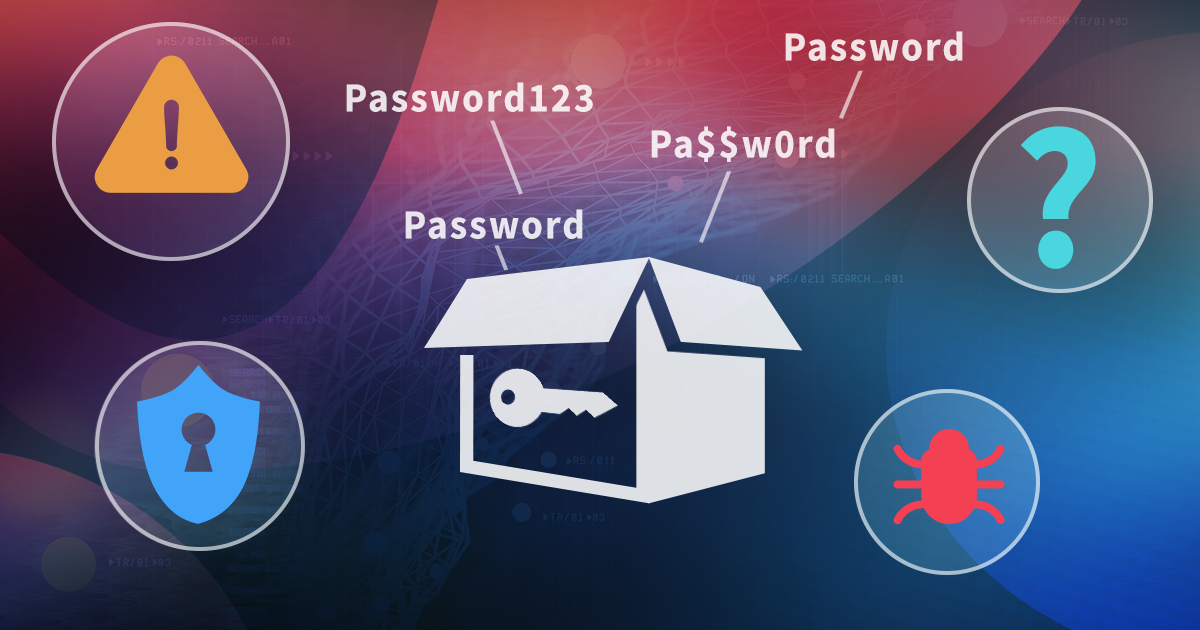GPU acceleration is the thing when you need to break a password. Whether you use brute force, a dictionary of common words or a highly customized dictionary comprised of the user’s existed passwords pulled from their Web browser, extracted from their smartphone or downloaded from the cloud, sheer performance is what you need to make the job done in reasonable time.
Thanks to its presence on Windows and Mac computers, iPhones and Android smartphones (on which it enjoys the default browser status), Google Chrome is the world’s most popular Web browser. In this article you’ll find a comprehensive guide on how to extract Google Chrome passwords from local computers and Google Account. We’ll also cover some common and some little known scenarios helping examiners put extracted passwords to good use – such as decrypting external NAS storage, unlocking BitLocker drives and attacking strong passwords. Let’s find out how to obtain Google Chrome passwords from multiple local and cloud sources such as the user’s Mac or Windows computer and their Google account.
How many passwords does an average Joe or Jane has to remember? Obviously, it’s not just one or two. Security requirements vary among online services, accounts and applications, allowing (or disallowing) certain passwords. Seven years ago, Microsoft determined in a study that an average user had 6.5 Web passwords, each of which is shared across about four different websites. They’ve also determined that, back then, each user had about 25 accounts that required passwords, and typed an average of 8 passwords per day.
Major security breaches occur in quick succession one after another. Is it a chain reaction? How do we stop it?
XKCD posted quite nice comics with a reallife problem behind them. It is very likely that some Web-services do as described, either sell such info to third parties or use it for evil purposes. Our recommendation is if you cannot trust some of the websites, choose another unique password for them. It would be even wiser if you had different passwords for all websites you visit. Some even unimportant websites can aslo be cracked and even if they (better to say your data stored there) have no value at all, your password, can be tried for Facebook or LinkedIn, hopefully in vain.
In brief, here is the "problem": for years (I think starting from Windows 3.0 released almost 20 years ago), the passwords are being masked as you type them (in most programs what have any kind of password protection, and an operating system itself), i.e. replaced with asterisks or black circles. What for? To prevent the password from being read by someone who stands behind you.
ElcomSoft is launching a survey intended to collect more information on how people handle their passwords, which remain a major way for user authentication. Whether you are ElcomSoft customer or haven’t seriously thought about password security, we hope you will answer our questions.
Last week a colleague of mine, Andrey Belenko, gave a speech at the Troopers conference in Munich. Olga wrote about it in this blog. All the talks at Troopers were awesome. Soon the videos and slide shows will be available for downloading on Troopers website.


